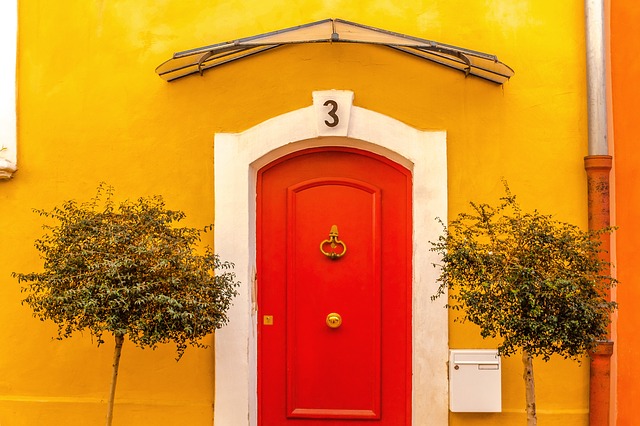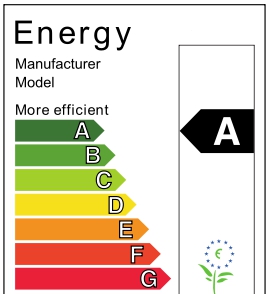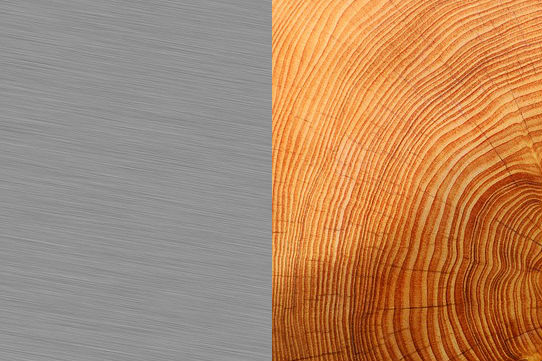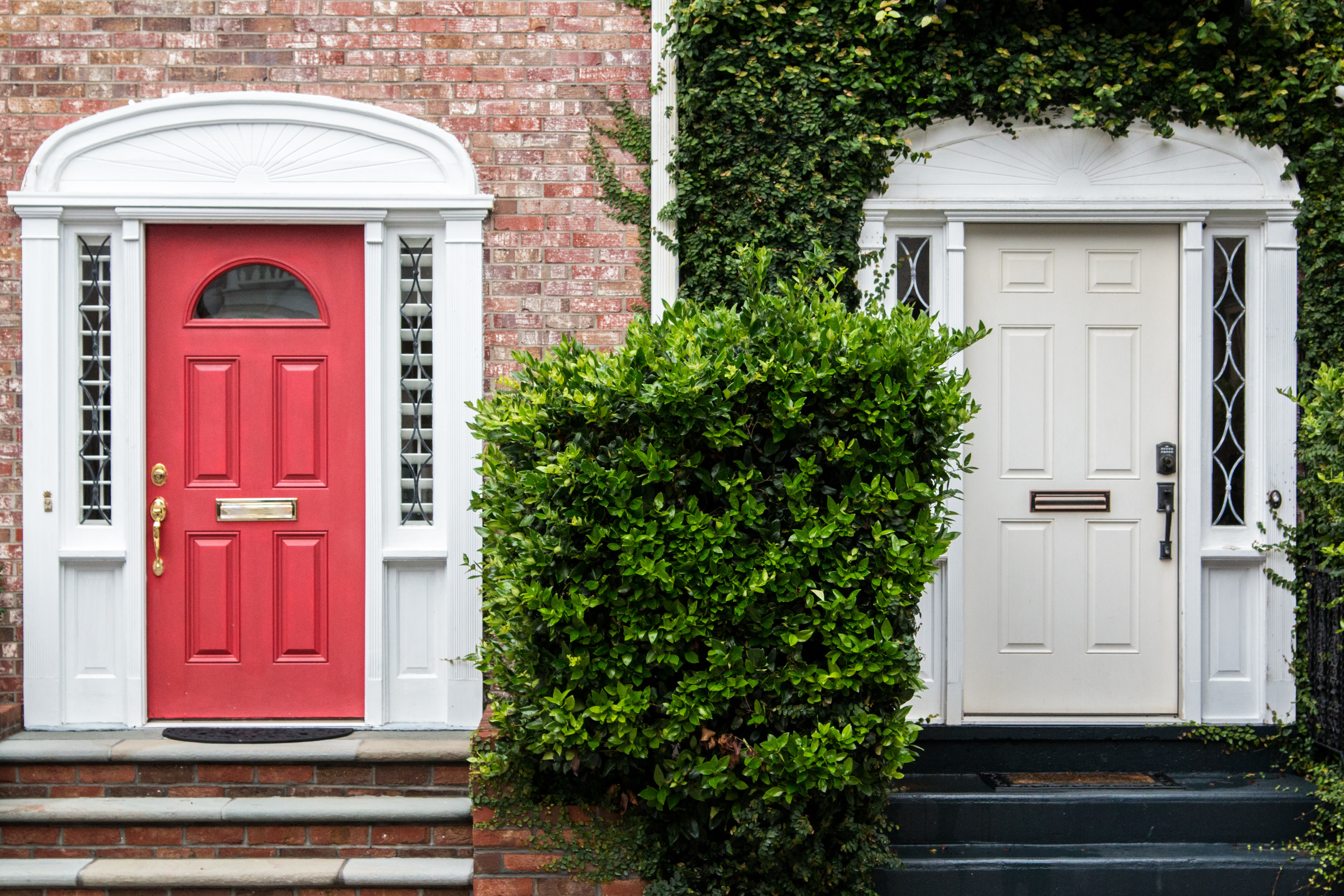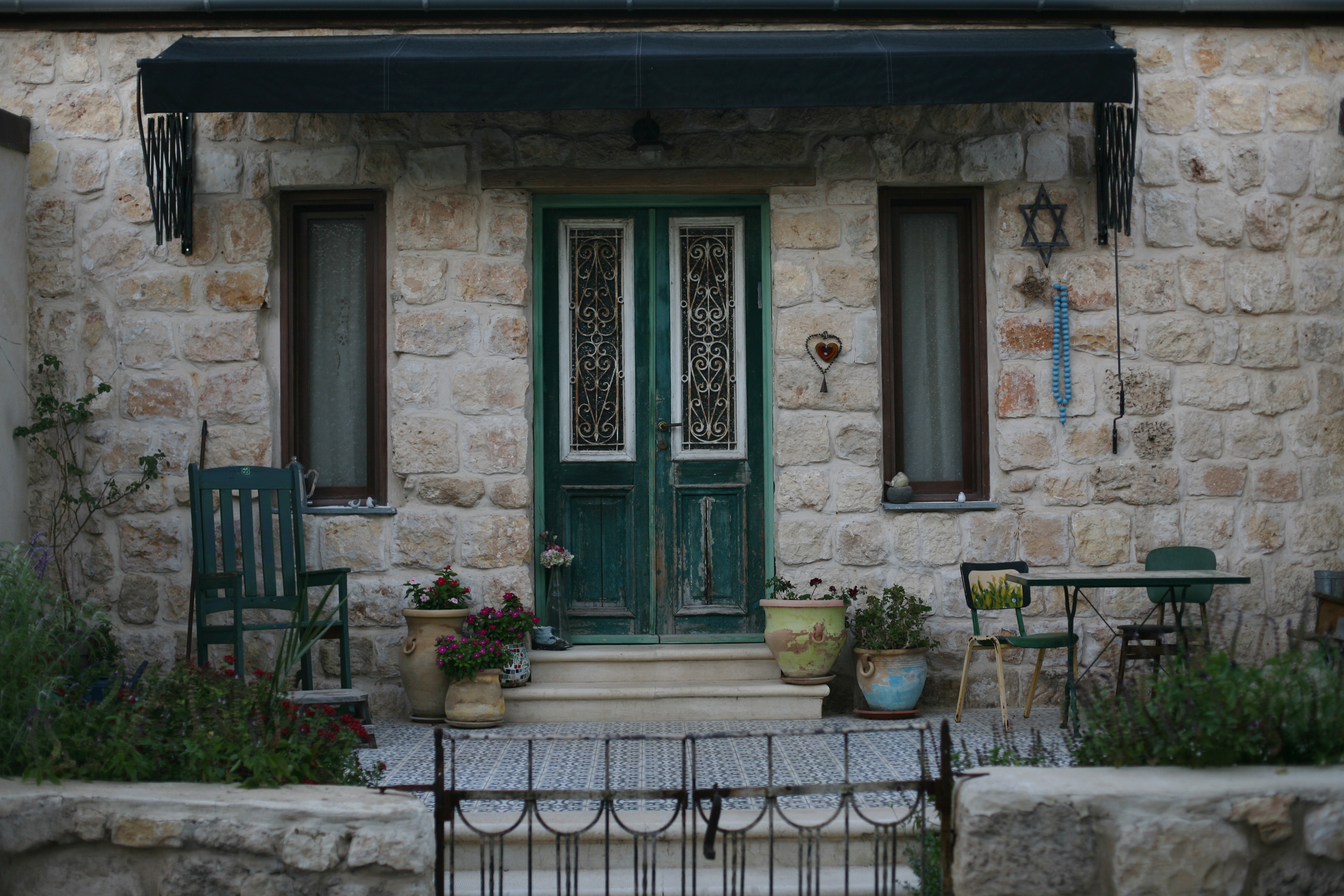Express Doors Direct ▸ Blog ▸ Why Replace a uPVC Door With a Wooden Door
Last updated on July 22nd, 2020 at 11:01 am
Wooden doors have fallen out of fashion in recent years. Fortunately, the reasoning behind this isn’t because of their performance. Its decline is due to the amount of different materials that have sprung up on the market and that, price-wise, there are a couple of cheaper alternatives. But, a wooden door should still be considered if you’re looking to replace your external uPVC door. There are many great advantages to choosing wood, as well as some not-so-great.
Why Should I Replace a uPVC Door with a Wooden Door?
A solid wood door will always be a firm favourite as a front door for us, and there are still a number of great reasons as to why you should be replacing your uPVC door with a durable and aesthetically-pleasing wooden door.
Looks
uPVC is durable, secure and inexpensive. But that’s sometimes not enough. Wood is a natural material that looks stunning on period and modern properties. Its natural design gives a country-cottage vibe to the exterior of any home. There is a range of designs and colours to suit your needs, unlike uPVC which can be quite plain and unremarkable.
Versatility
As mentioned above, wood looks great on properties old and new. However, uPVC is a relatively new material to the market and suits newly built or recently renovated properties the best and can sometimes look out of place when used on older houses.
Security
Wood is a very durable and robust material. Wooden doors, when installed correctly and treated properly, can withstand extreme weather conditions and are able to take damage a lot better than a uPVC front door can.
Strength
As wood is extremely durable, if cared for correctly, your solid wood door will stand the test of time. In fact, a wooden door has double the lifespan of uPVC. uPVC might be a cheaper material to use, but you may have to purchase a replacement a lot sooner than you would by paying a little extra for a wooden door.
Quality
Wood is a very high-quality material – hence the price tag. A thick solid wood door provides top-quality security to your home. As well as looking the part on the exterior of your home.
Insulation
Wood is a very good insulator and will improve your thermal efficiency. However, a wooden door is at it’s best when cared for correctly. For a wooden door to provide great insulation, the door must be treated to remove the chances of the door warping, rotting or cracking.
Why Shouldn’t I Replace a uPVC Door with a Wooden Door?
Now, it wouldn’t be right of us to only talk about the advantages of wooden doors. As with most things, there are always pro’s and con’s to everything. uPVC is a great choice for external doors, and here’s why you shouldn’t choose solid wood for your new door.
The Cost of Wooden Doors
Wooden doors are a luxury item; they’re robust, aesthetically-pleasing and thermal-efficient. However, you will find they can come with a hefty price tag. If you’re on a budget, uPVC is extremely affordable in comparison to wood. Fitting might also be more expensive as if you are replacing an existing uPVC door, you need to replace the door frame with a hardwood frame.
Draughts/Insulation
uPVC is a very good insulator. With the correct glazed glass, uPVC will keep heat and sound in. Reducing your energy bills and boosting your thermal performance.
Maintenance/Upkeep
Wooden doors require treating to protect them from the elements and usually require a repaint throughout their lifetime. uPVC, however, doesn’t need either. Generally the upkeep of uPVC is the bare minimum. uPVC will need a wipe down with a soft cloth and warm soapy water, but other than that, they’re relatively maintenance-free.
Insects
Due to wood being a natural material, bugs are likely to move in to any cracks. Overtime, this can result in wood rot, which is a very unfortunate issue that wooden doors can have. uPVC isn’t a natural product and therefore doesn’t have any holes or cracks for bugs to go into. Insects may stick around on the surface of uPVC but it’s nothing a simple wipe down can’t solve.
Moisture Absorbance
If left untreated, wooden doors become susceptible to damage caused by the weather. Rain water is soaked up by wood and it can take months for the door to dry out. Once a wood door becomes water-logged, the door will expand making it extremely difficult to open and shut the door. Similarly, water within a wooden door can cause the door to warp, crack and rot. On the other hand, uPVC is extremely durable to all types of weather. If in direct sunlight, uPVC will expand and contract, however it is extremely weatherproof and won’t damage from rainfall.
Although there are pro’s and con’s for both uPVC and wooden doors, the final decision will rest on personal preference. Most people will opt for a front door that looks aesthetically-pleasing, even though it may require more maintenance. However, others will purchase a door purely for its price. We’ve also not touched on composite doors which are a very popular choice for front doors at the moment.
Depending on your situation, needs and the environment that you live in, whether you decide to replace your uPVC door with wood, the decision is entirely yours.
Related Posts:
"It is about the realities of what makes for an attractive, civilized, meaningful environment, not about fashion or what's in or what's out. This is not an easy job."
– Albert Hadley
Available in a range of sizes, designs and colours with a #MadeToMeasureDoors service available too.
Email [email protected] to book in for 2024.
















































